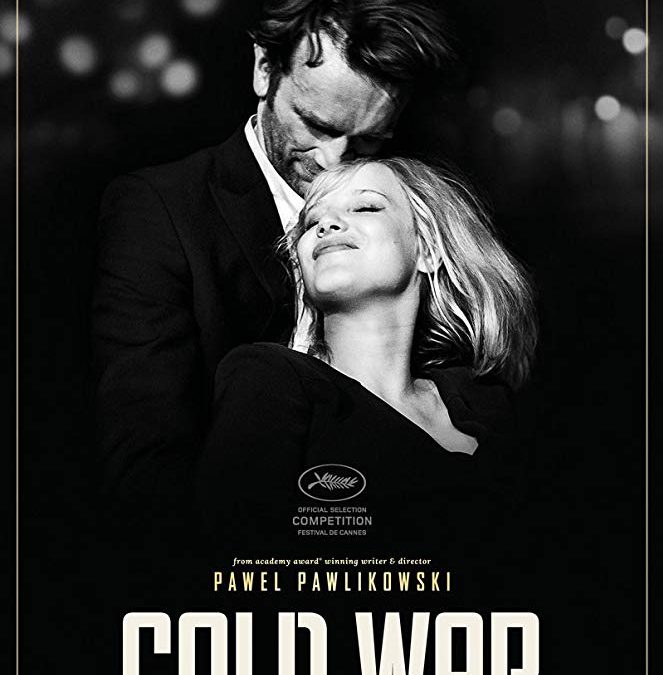Warsaw born movie producer Pawel Pawlikowski (Ida) has quite an astonishing reputation, given that he studied at the University of Oxford and that he teaches film at several universities. It doesn’t seem too likely that a filmmaker of his background has much appreciation or tolerance for “Polish jokes†nevertheless, he turned his new creation into one.
Trump’s race. The Brexit mess. Cold War is the latest in a progression of prominent global developments opposing legitimate clarification. The black and white historical romance earned Pawlikowski the Best Director award at the Cannes Film Festival in May and has been nominated for a Best Foreign Language Film Oscar. However, I’m under the impression that this piece is a completely point-free work.
Wiktor, portrayed by Tomasz Kot, is a dedicated musicologist on a quest to gather and preserve old Polish folk songs. The plot is set in the late ‘40s. He is on a journey across the country, visiting the villages of Poland to record performing peasants. During his travels, he stumbles upon an enchanting young woman with a beautiful, soul-stirring voice and a problematic past. Joanna Kulig costars as Zula. Not long after the two have met, she reveals to Wiktor that she’s on probation for murdering her father. “He mistook me for my mother, so I used a knife to show him the difference.†Needless to say, Wiktor and Zula fall madly in love.
The last phase of Wiktor’s project involves a competition whose winners get to perform the collected songs publicly. At this point, things start to fall apart. A government puppet named Kaczmarek (Borys Szyc) weights Wiktor to fill the show with pro-Stalin propaganda, which he hesitantly does. As a reward, he’s allowed to debut his show in Berlin.
He and Zula, conspire a plan to run away to Paris together after the show. Wiktor makes it to their meeting point and waits for the love of his life. And waits some more. And some more again. While he keeps waiting, Zula is partying at the theater with Mr. Puppet and his friends. This is the first of many barriers to their happiness.
This film traverses the better piece of two decades and is sectioned into vignettes. Each offer a look at Wiktor and Zula reconvening passionately — and temporarily — in one of a series of European areas with next to zero clarification of the end result.
As illustrated by Lukasz Zal, a portion of these excerpts are certainly striking. All things considered, none of the film’s parts gives much meaning to the whole story. I’ve watched Cold War several times and still have no clue what Pawlikowski was getting at.
Many reviews state that the main characters were based on author’s folks. I’ve read Pawlikowski’s biography on the Internet Movie Database, Wikipedia and other sources. His dad was a specialist. His mom was a literature teacher. Sure there could be relationship issues, however it was not actually a heartbreaking saga set against a backdrop of musicology and Stalinist repression. Perhaps it will make more sense some other time. They say love is a battlefield, that being said, this movie might leave you feeling like a collateral damage.


Recent Comments